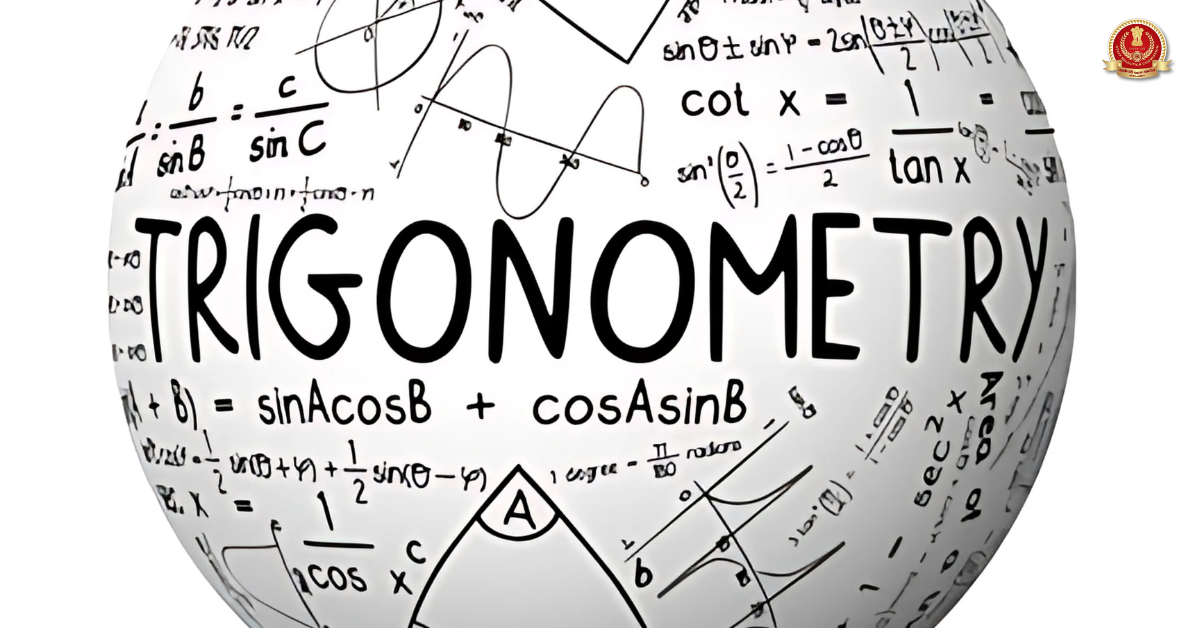FDI Full Form
FDI stands for “Foreign Direct Investment,” a process through which individuals, businesses, or governments from one country invest in or acquire tangible assets or equity in another country. This direct ownership and control differentiate FDI from other forms of investment, such as portfolio investment, where investors hold securities without having a significant influence on the company’s management. In this article, we will unveil the full form of FDI, and explore its functions, importance, and implications for both host and investor countries.
FDI Full Form in Hindi
FDI का मतलब “प्रत्यक्ष विदेशी निवेश” है, एक ऐसी प्रक्रिया जिसके माध्यम से एक देश के व्यक्ति, व्यवसाय या सरकारें दूसरे देश में मूर्त संपत्ति या इक्विटी में निवेश करते हैं या अधिग्रहण करते हैं।
How FDI Works
- Establishment of Presence: FDI involves the establishment of a lasting interest or a significant degree of influence by a foreign entity in the economic activities of another country. This can take the form of the creation of new enterprises, acquiring shares in existing companies, or participating in joint ventures.
- Types of FDI: FDI can be classified into different types based on the nature of the investment. These include Greenfield investments, where new facilities are built, and Brownfield investments, involving the purchase or lease of existing assets.
- Host and Home Country Roles: The country receiving the investment is referred to as the host country, while the country providing the investment is the home country. FDI benefits both parties, with the host country gaining access to capital, technology, and managerial expertise, and the home country seeking new markets, resources, or strategic advantages.
Importance of FDI
- Capital Inflow: FDI serves as a significant source of capital for the host country. This capital can be used to finance new projects, expand existing businesses, or address financial deficits.
- Technology Transfer: Foreign investors often bring advanced technologies, expertise, and management practices to the host country. This facilitates knowledge transfer and enhances the capabilities of local industries.
- Job Creation: FDI contributes to job creation in the host country. The establishment of new businesses or the expansion of existing ones leads to increased employment opportunities, benefiting the local workforce.
- Economic Growth: FDI can stimulate economic growth by fostering innovation, improving productivity, and contributing to overall economic development. It often results in the creation of a more competitive and dynamic business environment.
- Global Market Access: For home countries, FDI provides access to global markets. Investing in foreign markets allows companies to reach new customers, diversify their revenue streams, and gain a competitive edge.
Challenges and Considerations
- Sovereignty Concerns: Host countries may have concerns about the potential loss of control over key industries and resources. Balancing the benefits of FDI with preserving national sovereignty is a critical consideration.
- Economic Disparities: FDI may exacerbate economic disparities within a host country. Investments may concentrate in specific regions, leading to unequal development.
- Dependency Risks: Excessive reliance on FDI for economic growth can pose risks. Host countries may become vulnerable to fluctuations in global economic conditions or changes in the policies of home countries.
- Regulatory Environment: A stable and transparent regulatory environment is essential for attracting FDI. Host countries with unclear or inconsistent regulations may struggle to attract foreign investors.
FDI Around the World
- China: China has been a major recipient of FDI, attracting substantial investments in manufacturing, technology, and services. Its rapid economic growth has been significantly influenced by foreign direct investment.
- United States: The U.S. is both a significant home country and a host country for FDI. U.S. companies invest in various industries globally, while the U.S. attracts foreign investment in sectors such as technology, finance, and manufacturing.
- India: India has increasingly become a popular destination for FDI, particularly in sectors like information technology, telecommunications, and renewable energy. The Indian government has implemented reforms to enhance the ease of doing business and attract more foreign investment.
Conclusion – FDI Full Form
In conclusion, Foreign Direct Investment (FDI) stands as a pivotal driver of economic development and global business integration. Its role in capital inflow, technology transfer, job creation, and market access makes FDI a significant force shaping the economic landscape of both host and home countries. While it presents opportunities for growth, it also requires careful consideration of economic, social, and regulatory factors to ensure that the benefits are maximized and potential challenges are mitigated. As the world continues to evolve, FDI remains a key player in fostering international economic cooperation and contributing to the interconnectedness of global markets.
- Why is The SSC CGL Called a Mini IAS?
- Important Number System Questions for SSC Exams, Practice Here
- Trigonometry Questions For SSC CGL 2025, Solve Important Questions
- How to Prepare for SSC CGL with Full Time Job? Get Complete Guide
- 40 Geometry Formulas PDF – Download Here
- RRB ALP Mock Test 2025 Official Link , Know How to Solve
FDI Full Form – FAQs
Ans. FDI stands for “Foreign Direct Investment.”
Ans. FDI का मतलब “प्रत्यक्ष विदेशी निवेश” है।

Hello, I’m Aditi, the creative mind behind the words at Oliveboard. As a content writer specializing in state-level exams, my mission is to unravel the complexities of exam information, ensuring aspiring candidates find clarity and confidence. Having walked the path of an aspirant myself, I bring a unique perspective to my work, crafting accessible content on Exam Notifications, Admit Cards, and Results.
At Oliveboard, I play a crucial role in empowering candidates throughout their exam journey. My dedication lies in making the seemingly daunting process not only understandable but also rewarding. Join me as I break down barriers in exam preparation, providing timely insights and valuable resources. Let’s navigate the path to success together, one well-informed step at a time.






